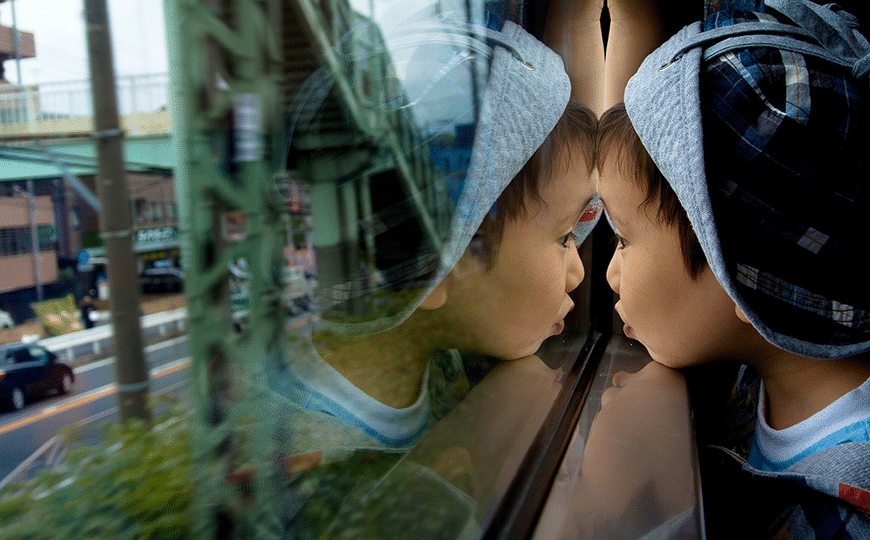Recently, NPR asked a very important question: should we be having kids in the age of climate change? Professors at Johns Hopkins have been asking this question for a very long time. Their conclusion is that we can, but we should significantly limit the number of children we have in order to reduce carbon emissions and give populations susceptible to climate change their best chance.
And that’s what the Having Kids model is all about. It’s about asking smaller families to work together to plan a better future for every child. That means that potential parents should think about their future children and the community that their children will enter. They need to ask the question, “What would give my child, my community, and other children the best quality of life?” They will quickly find that limiting their family size and contributing resources to their community to help create a safe place for their child to grow are the best options, especially in the face of climate change.
The statistics NPR cites on the carbon emissions of large families, relative to other lifestyle choices, are sobering. Below are a few examples of how much carbon dioxide (in metric tons) is saved over a lifetime (80 years) by a typical American for certain actions, including not having one child.
- Increase car’s fuel economy from 20 to 30 mpg: 148 tons
- Reduce miles driven from 231 to 155 per week: 147 tons
- Replace single-glazed windows with energy-efficient windows: 121 tons
- Replace ten 75-watt incandescent bulbs with 25-watt energy-efficient lights: 36 tons
- Replace old refrigerator with energy-efficient model: 19 tons
- Recycle newspapers, magazines, glass, plastic, aluminum and steel cans: 17 tons
- Reduce number of children by one (with emissions fixed at 2005 per-capita values): 9,441 tons
Source: “Reproduction and the carbon legacies of individuals” by Paul A. Murtaugh and Michael G. Schlax
For too long, parenting models focused on the choices of the parents without putting them in the context of a larger community. These models didn’t emphasize the needs of future children. Having Kids wants to change the conversation. We want potential parents to think critically about the needs of their child, the world they want to bring their child into, and how they will ensure that world becomes a reality. We want to see a world where the impacts of climate change are prevented, and where every child can be guaranteed a high quality of life.

